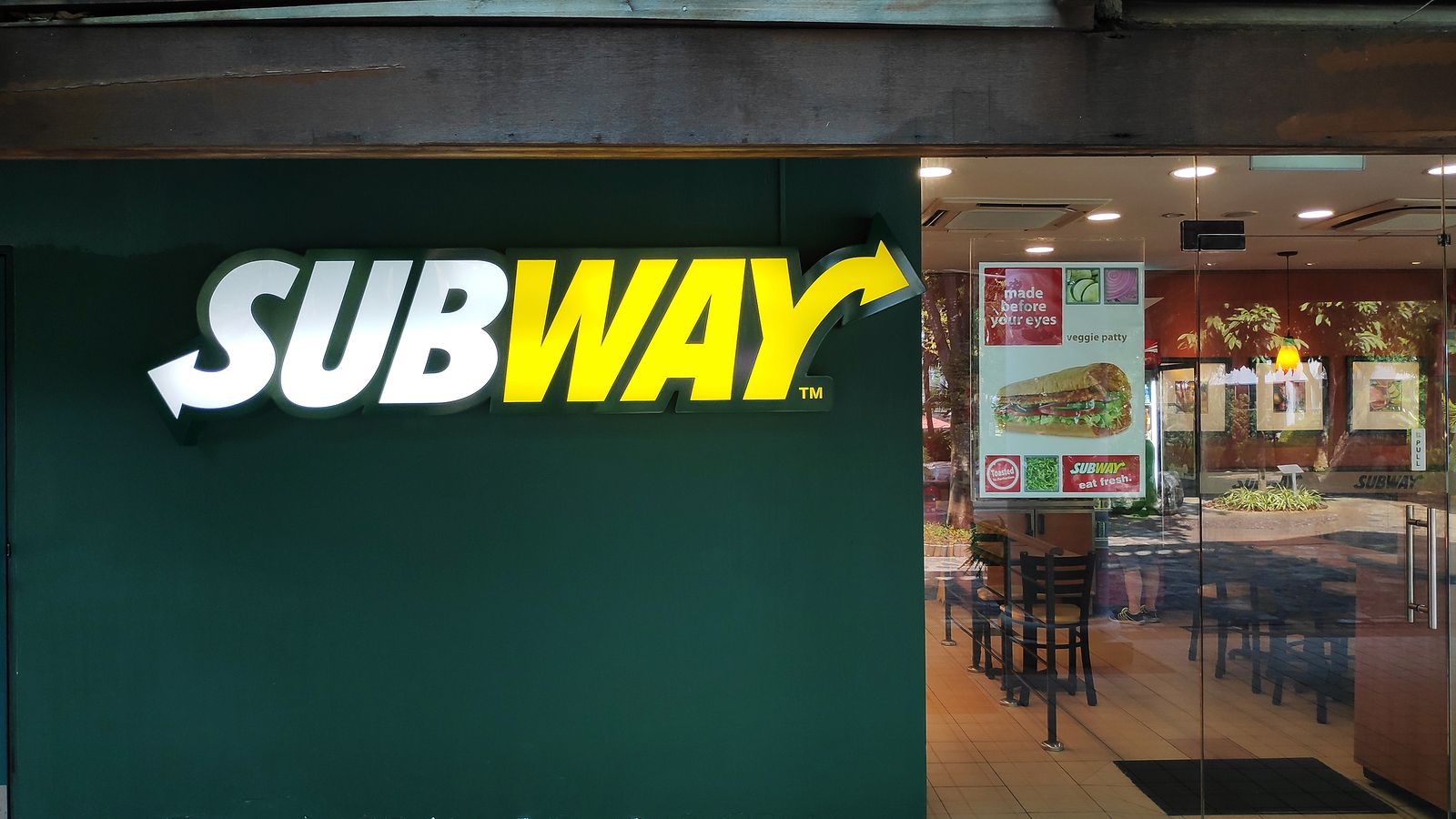After months of allegations and intense media scrutiny, fresh-food franchise Subway’s underpayment concerns have finally been realised.
On Tuesday, the Fair Work Ombudsman (FWO) announced that it had recovered $81,638.82 in unpaid wages for 167 current and former Subway employees. The result came after investigators audited a number of Subway franchised outlets, revealing that 18 out of the 22 restaurants failed to comply with workplace laws.
In one instance, more than $31,000 was recovered from a single franchisee in an alarming display of wage theft that involved 29 employees.
Subway’s underpayment concerns have been the topic of much debate since allegations first arose earlier this year. A series of high profile reports prompted the FWO to initiate investigations into the chain’s franchisees in August, with the latest announcement confirming suspicions.
Subway’s underpayment investigation
According to the FWO, investigators interviewed Subway employees, managers and franchisees, analysing a wide range of employment records and payslips.
The full-scale assessment revealed a systematic failure to pay minimum wages and entitlements, such as casual loadings, holiday and overtime rates. Additionally, franchisees’ failure to issue proper payslips and maintain proper employment records also contributed to Subway’s underpayment issues.
In response to the breaches of workplace law, FWO investigators issued seven compliance notices requiring employers to rectify the concerns, along with nine formal cautions and nine on-the-spot fines for record-keeping and pay slip breaches totalling over $5000.
Underpayment recovery
It’s been a long term commitment from the FWO to assist Subway in addressing the wage theft issues. Over the last two financial years, the regulator has recovered nearly $150,000 for underpaid employees.
Sandra Parker, Fair Work Ombudsman said she was deeply concerned with the rate of non-compliance within the Subway network, particularly with regard to on-going operations.
“Franchisors, especially in the fast food sector, are a priority for the Fair Work Ombudsman. Franchisors can be held legally responsible if their franchisee stores don’t follow workplace laws,” she said.
“They must take reasonable steps to prevent this occurring. The community expects head companies to assure themselves that all the stores in their franchise network are paying workers their correct wages and entitlements.”
Under legislative changes made in 2017, franchisors and holding companies can be held responsible for non-compliance by franchisees or subsidiaries, if they knew or should have known and could have prevented it.
Migrant worker exploitation
Subway’s underpayment issues also highlighted a disturbing trend that has impacted the franchising sector in recent times. In similar circumstances to a number of high-profile cases over the last 12 months, many of the underpaid employees were migrants with little understanding of the rights and entitlements under the Fair Work Act.
In its latest report, the FWO revealed that young workers or workers from culturally and linguistically diverse backgrounds were traditionally reluctant to assist inspectors.
Parker said the migrant worker exploitation was a difficult issue to police, particularly without the assistance of the affected workers.
“Half of the underpaid Subway employees were young workers or from a migrant background, which can make them particularly vulnerable to exploitation,” she said.
“For many of these workers, it might be their first job and they could be unaware of their workplace rights or scared to raise issues with their boss.”
The FWO is now encouraging any Subway workers with concerns about pay to contact the regulator directly.











